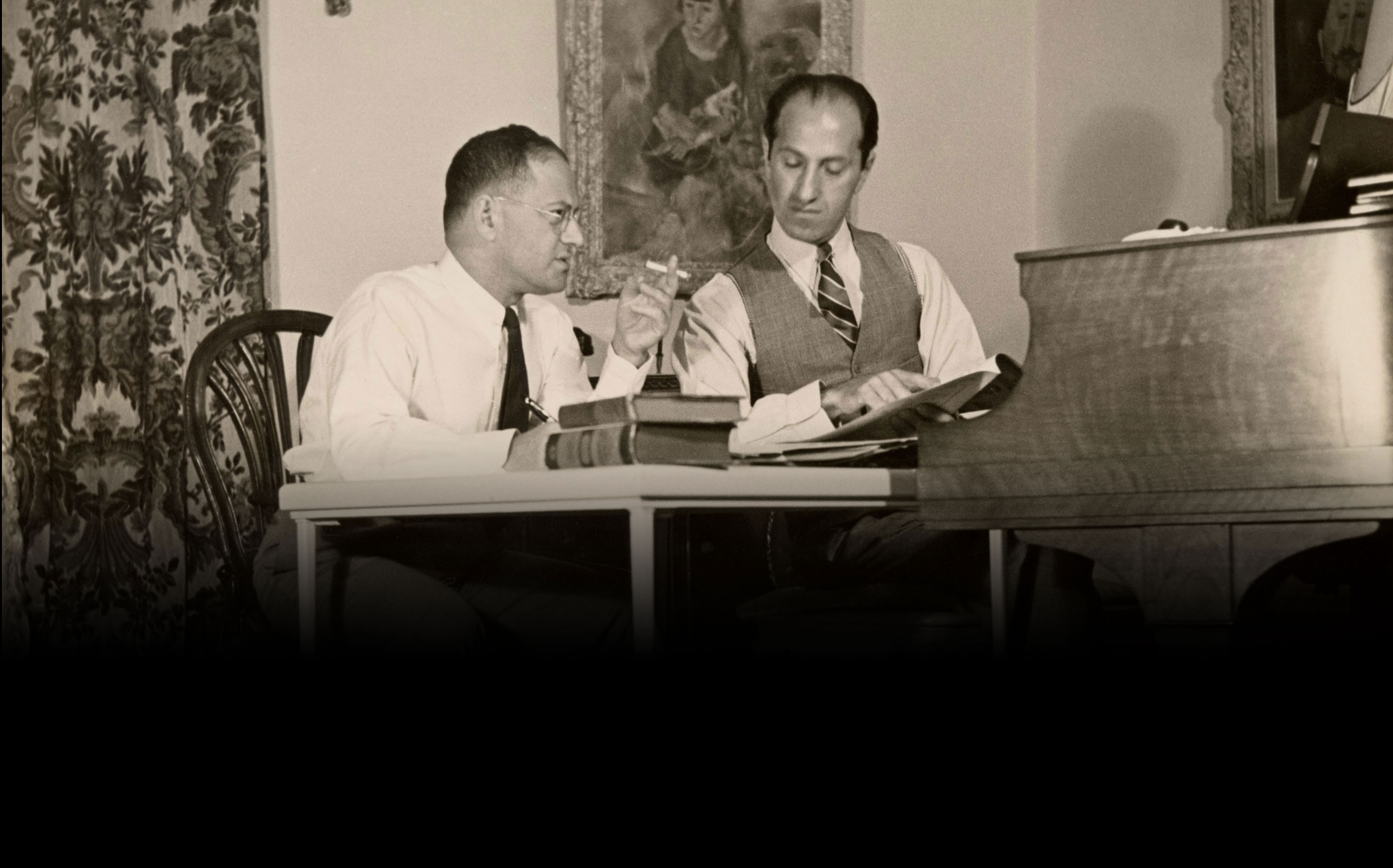All Manner of Merry Things: Hanukkah in the ‘20s
Ever wonder what Hanukkah in the Gershwins’ world was like? Turns out it was only just coming into its own as the celebratory holiday we know today. Let’s take a peek at this well-loved festival’s face in the 1920s… By Cassidy Goldblatt Prior to the ‘20s, Hanukkah as celebrated by America’s Jewish population was a rather humble holiday, centered around lighting the menorah candles in commemoration of the 2nd-century BC Maccabean Revolt and the Temple’s subsequent purification. But the 1920s saw the rise of new opinions about tradition and religious devotion. Victor Emanuel Reichert quoted a rabbi in 1927 speaking […]
